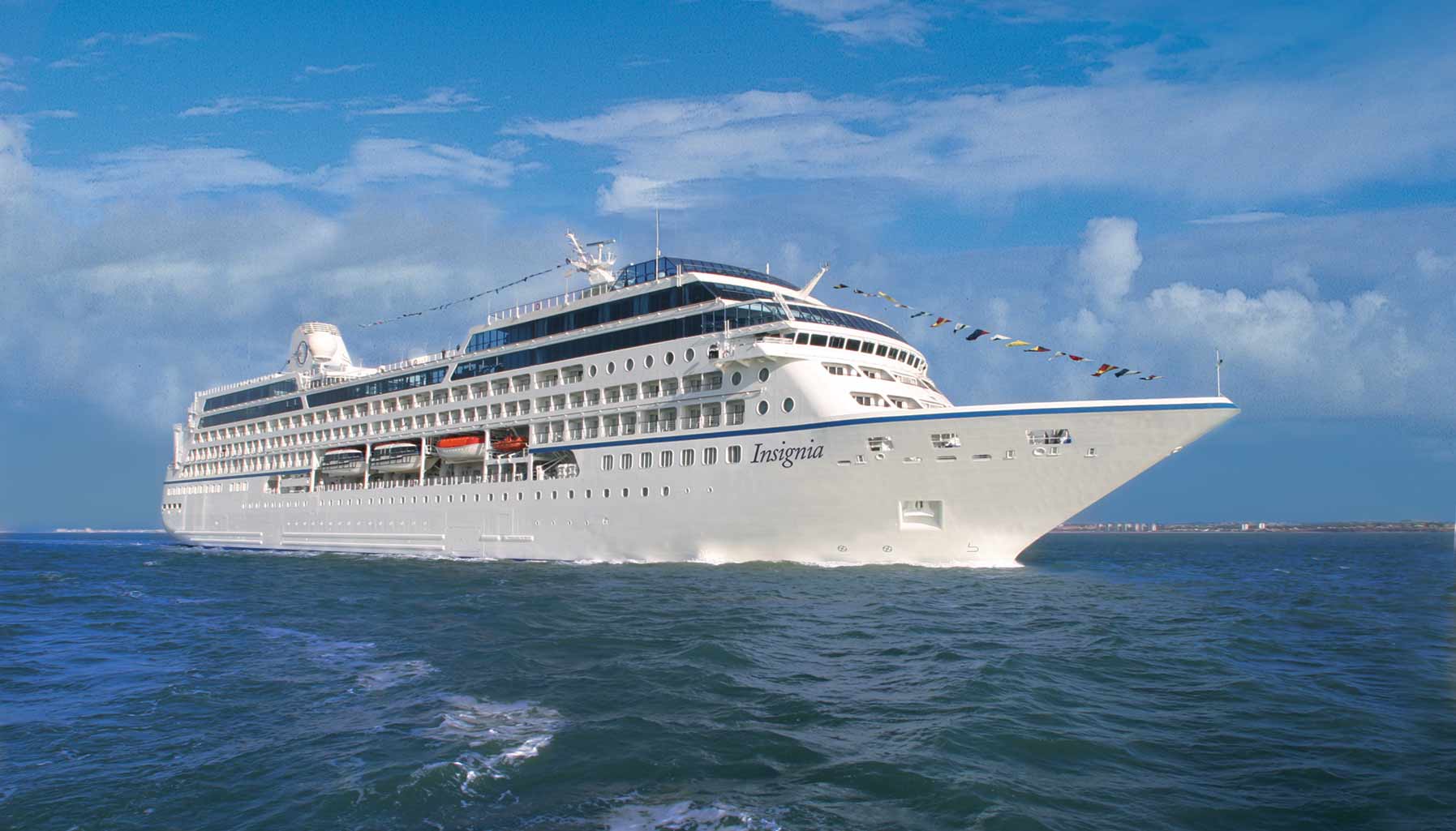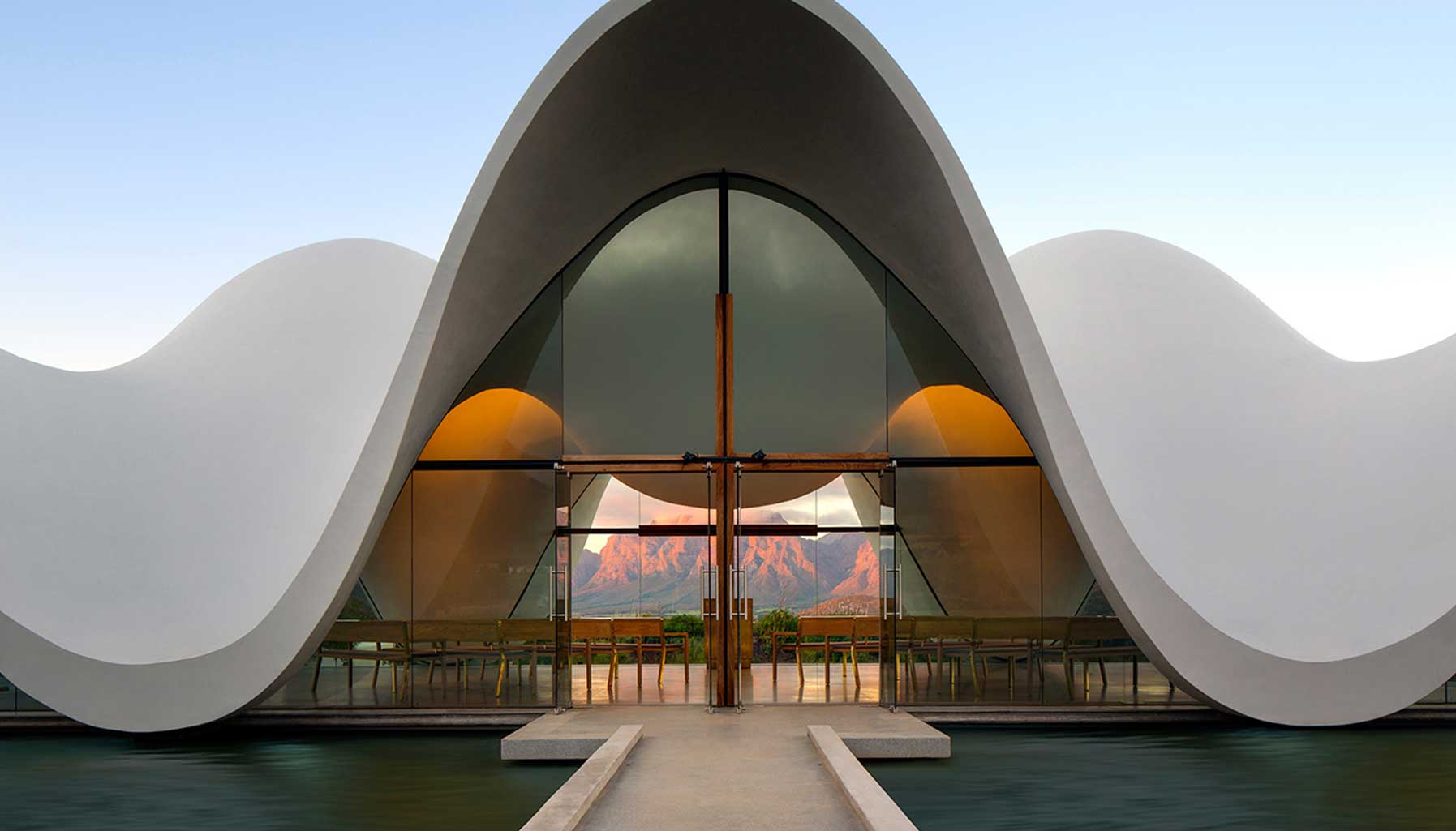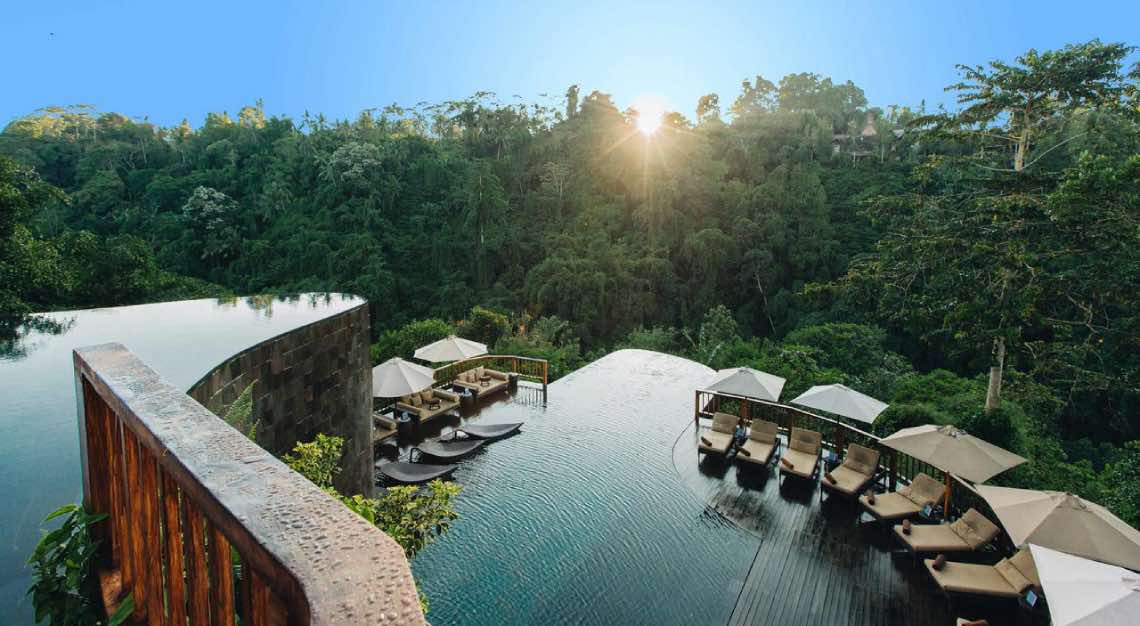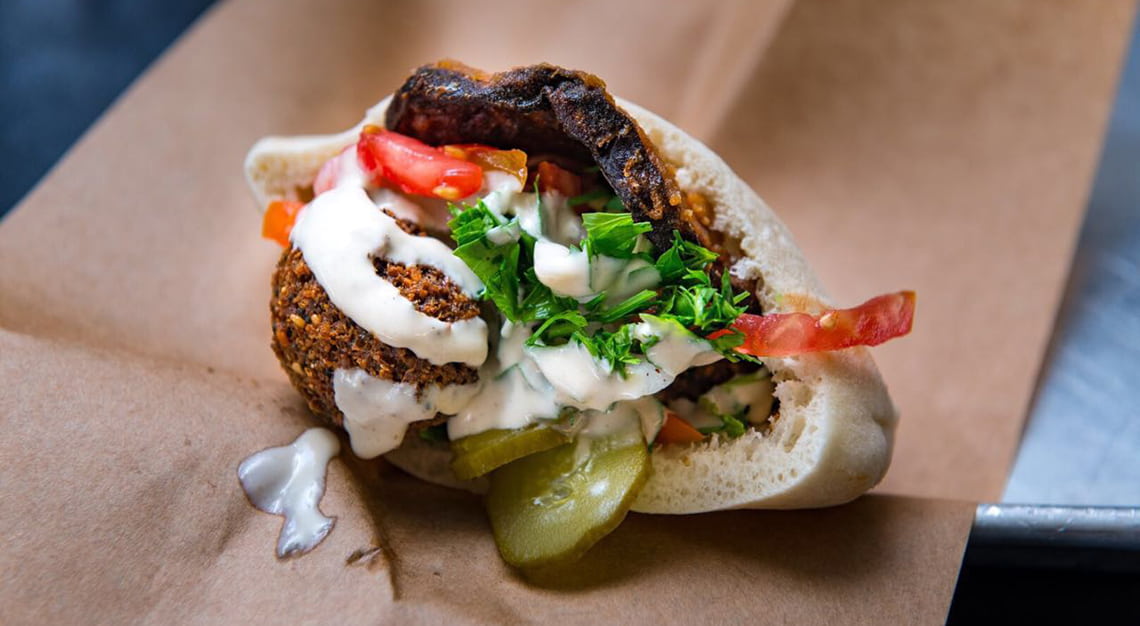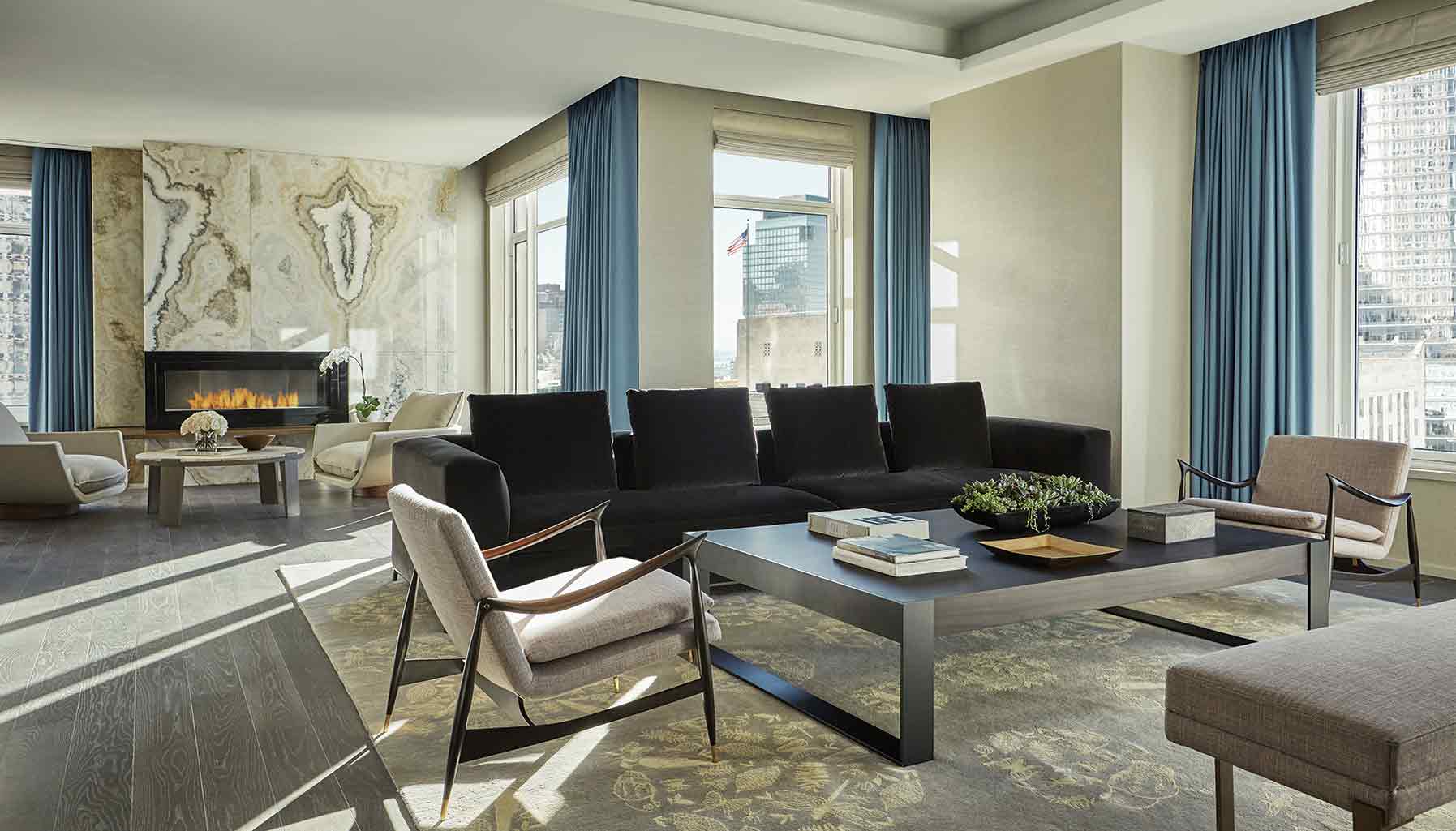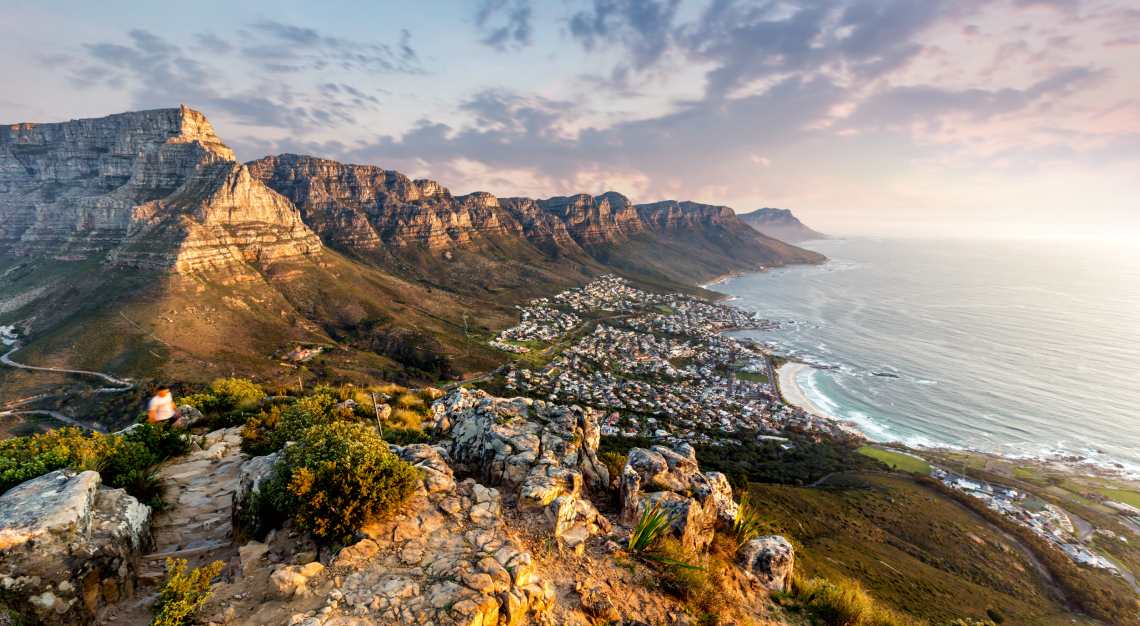In the shadows of Table Mountain, Africa’s stunning southern city has solidified its place as a world capital of culture and cool
Cape Town could have been a passing fad. The Western Cape capital was thrust into the tourist spotlight in 2010 when South Africa was selected as the host country for the World Cup, bringing a new stadium, hotels and more. But the lively event with the vuvuzela soundtrack was just the beginning for this beach-fringed city at the base of Table Mountain. Last autumn, all eyes were once again on the Mother City, with the arrival of yet another sweeping cultural sensation: the Zeitz Museum of Contemporary Art Africa.
Art & Culture
The Thomas Heatherwick–designed institution — whose German founder, former Puma CEO Jochen Zeitz, has contributed hundreds of works from his private collection — had been rousing global art patrons since long before its grand opening. Four years in the making, the 6,503-sqm museum has bolstered the transformation of the once sombre V&A Waterfront, where new flagships from creative heavy hitters like art-and-design collective Southern Guild and couture designer Kat van Duinen have debuted. Dubbed the Silo Precinct for the museum’s location in an early-20th-century grain silo, the area around Zeitz Museum of Contemporart Art Africa is also home to Cape Town’s most buzzed-about new hotel, located just upstairs from the museum and aptly named The Silo.
The waterfront isn’t the only neighbourhood humming with fresh energy. The Central Business District has been scrubbed down and spruced up with new galleries, restaurants and boutiques. The city outskirts are booming too, with winemaking regions like Constantia and Franschhoek emerging as culinary hotbeds.
And in between the new must-sees, old standbys such as Clifton Beach and Table Mountain are as captivating as ever.
Dine
As Cape Town’s dynamic culinary scene verges on saturation, the city’s celebrity chefs are making a break for the wine country. Just outside the city, in the historic Constantia Valley, Liam Tomlin has opened an outpost of his highly acclaimed Chef’s Warehouse, bringing his trademark contemporary tapas to the Beau Constantia wine farm. In Stellenbosch, Bertus Basson of Overture fame has opened Spek & Bone, a casual wine bar on Dorp Street. And in Franschhoek, celebrated chefs Reuben Riffel and Scot Kirton have staked out new territory of their own. The former debuted the bistro-style Reuben’s at Racine at the Chamonix wine estate. The latter, meanwhile, has big shoes to fill with La Petite Colombe, a fine-dining restaurant set in the former location of the wine country’s beloved — and recently shuttered — Tasting Room at Le Quartier Francais.
Stay
The sculptural pillowed-glass windows that crown the new Zeitz MOCAA have already become icons in Cape Town. But what you’ll find behind them is equally extraordinary. Opened last March, The Silo Hotel has been an instant hit with locals and tourists alike, thanks to features like a stunning rooftop terrace and what must surely be Cape Town’s most dramatic bathtubs. The brainchild of South African hotelier extraordinaire Liz Biden, the 28-room property is a study in eclecticism, with polished concrete walls covered in ornate gilded mirrors; pockmarked pillars and lime-green ostrich-leather desks and bedside tables; and the rusting remnants of an erstwhile grain elevator nudging against leather chesterfield swings.
Art is everywhere, too, from local artist Frances Goodman’s shimmering installation composed entirely of sequins in the lobby to Kenyan photographer Cyrus Kabiru’s otherworldly portraits in the suites.
With art dominating the Cape Town conversation of late, the city’s well-established gallery scene is only getting bigger and better. For a crash course in contemporary African art, head straight from the Zeitz MOCAA to the Woodstock district, where South Africa’s best-known blue-chip galleries, like Stevenson and Goodman are located just a stone’s throw away from artists’ and designers’ studios. The Central Business District is home to another stretch of art influencers, most notably a sprawling outpost of Johannesburg’s Gallery Momo, which represents a stable of big names including Mary Sibande and Khaya Witbooi.
